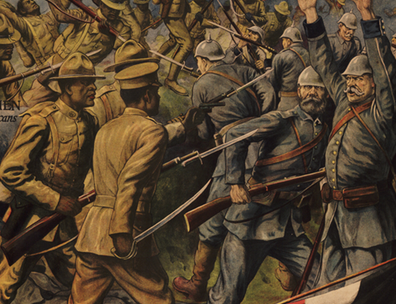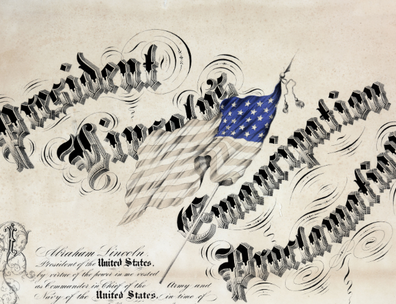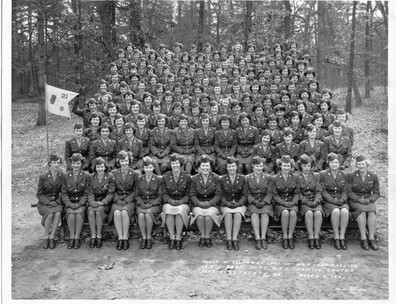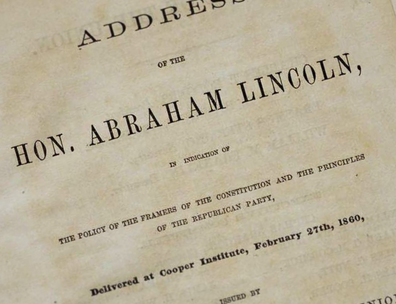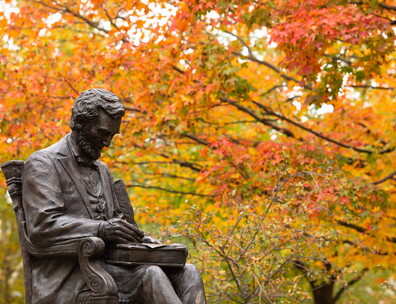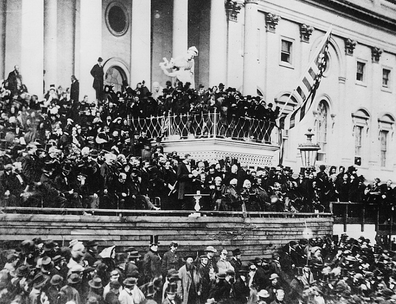10:45 am to 12:15 pm ET/ 7:45 am to 9:15 am PT
Woodrow Wilson, the only political science professor to be president of the United States, thought deeply and published widely as a scholar of the American political order and its history. As a teacher, scholar, and president of Princeton University, Wilson emerged as a leading Progressive thinker, advancing a reinterpretation of the American constitutional order as an evolving, organic charter for a changing country. How Wilson thought about the Constitution, and about the role of the presidency in its adaptation, will be the focus of this session.
Register

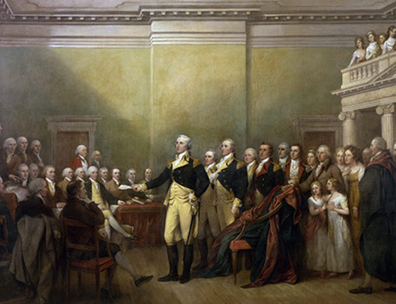
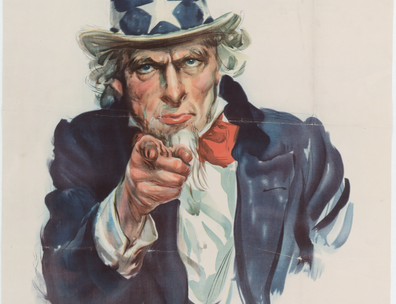
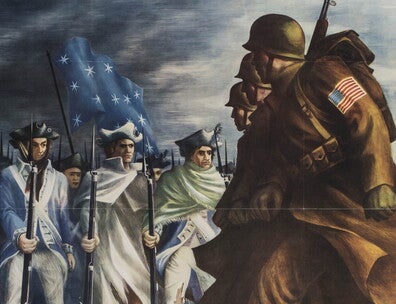
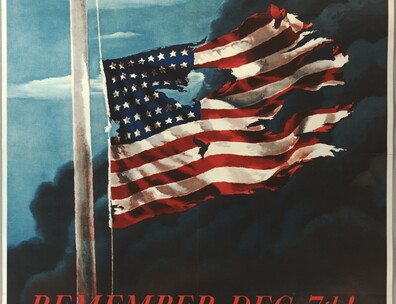

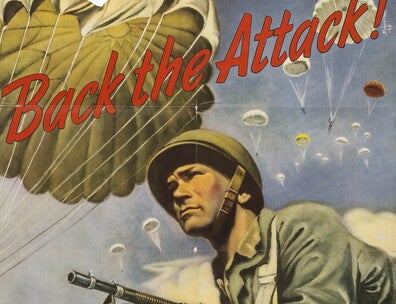
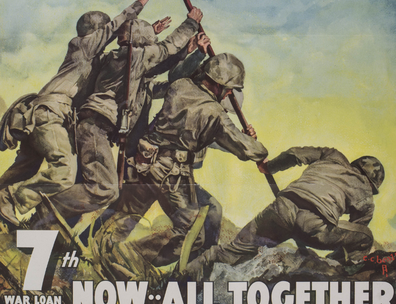
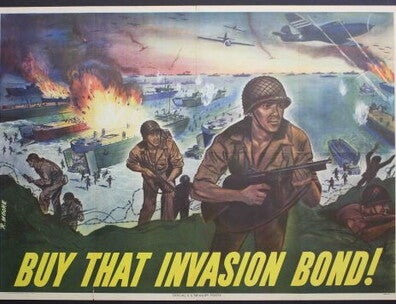
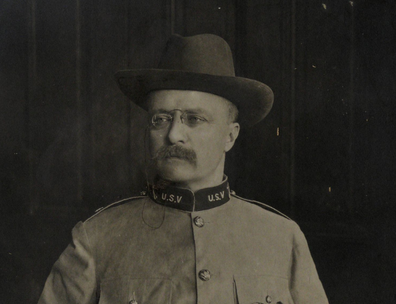
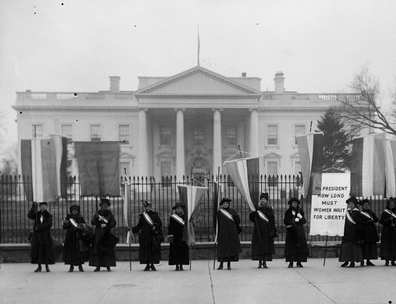
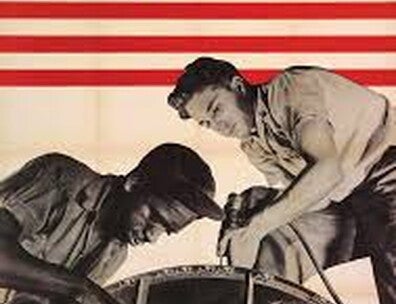
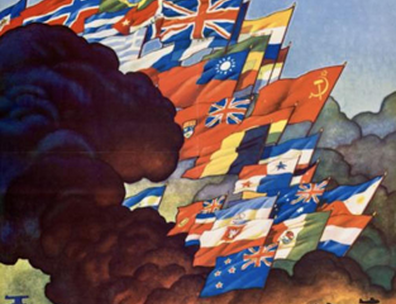
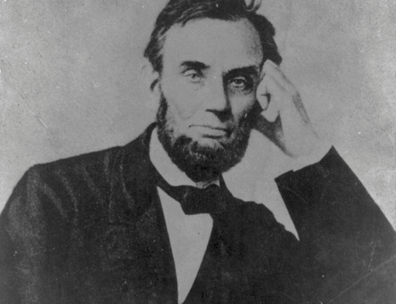
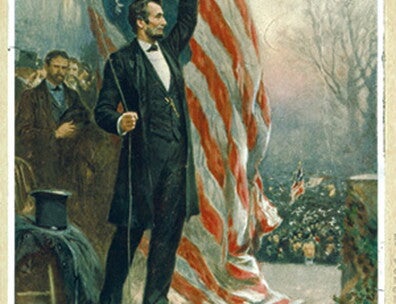
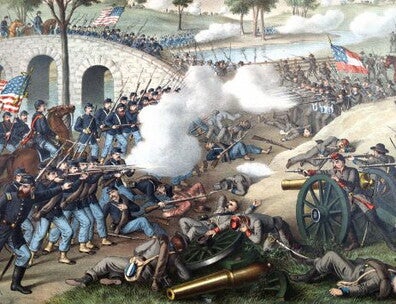
![Abraham Lincoln [cabinet card], photographed by C. S. German, Springfield, Illinois, January 1861. (The Gilder Lehrman Institute, GLC05111.01.1328)](/sites/default/files/styles/teaser/public/2023-07/GLC05111.01.1328p1_300x400px.jpg?h=21cb41dc&itok=zNXj7bb6)
